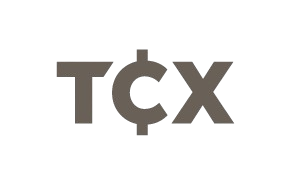Peru’s presidential election in April could spark protests affecting MMG Ltd.’s Las Bambas copper mine, its most profitable asset, which has faced recurrent disruptions. Las Bambas, the largest copper mine in Peru, is the Chinese company’s most profitable asset, but its operations have been dogged by years of social unrest. The company is still clearing out inventories after road blockages last month interrupted the transport of semi-processed copper from the mine.
